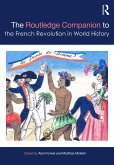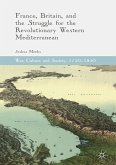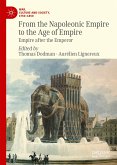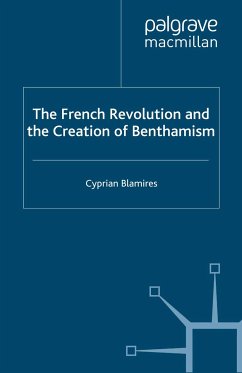Dieser Download kann aus rechtlichen Gründen nur mit Rechnungsadresse in A, B, BG, CY, CZ, D, DK, EW, E, FIN, F, GR, HR, H, IRL, I, LT, L, LR, M, NL, PL, P, R, S, SLO, SK ausgeliefert werden.
Hinweis: Dieser Artikel kann nur an eine deutsche Lieferadresse ausgeliefert werden.
William Doyle, University of Bristol in English Historical Review, 117:473 (2002)
`[...]the Abbé Grégoire and His World will become required reading for all those who seek to understand the Revolution, its protagonists, and our indebtedness to both.'
Frances Malino, Wellesley College in Journal of the History of Philosophy, 40:2 (2002)
William Doyle, University of Bristol in English Historical Review, 117:473 (2002)
`[...]the Abbé Grégoire and His World will become required reading for all those who seek to understand the Revolution, its protagonists, and our indebtedness to both.'
Frances Malino, Wellesley College in Journal of the History of Philosophy, 40:2 (2002)









